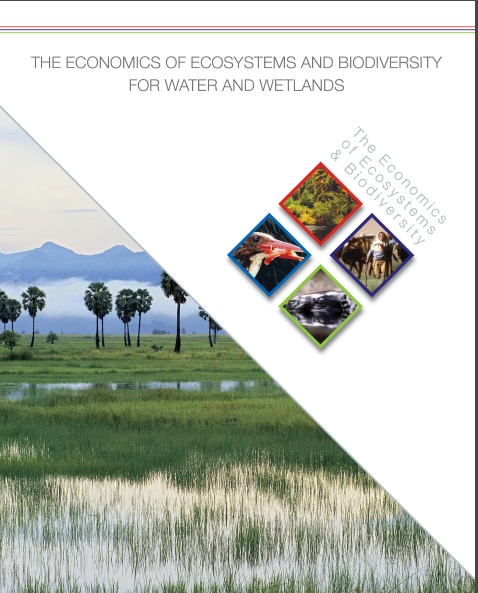
Wetlands are essential in providing water-related ecosystem services, such as clean water for drinking, water for agriculture, cooling water for the energy sector and regulating water quantity (e.g. flood regulation). In conjunction with their role in erosion control and sediment transport, wetlands also contribute to land formation and therefore resilience to storms. Moreover, they provide a wide range of services that are dependent on water, such as agricultural production, fisheries and tourism.
Notwithstanding the high value of the ecosystem services that wetlands provide to humankind, wetlands continue to be degraded or lost due to the effects of intensive agricultural production, irrigation, water extraction for domestic and industrial use, urbanisation, infrastructure and industrial development and pollution. In many cases, policies and decisions do not take into
account these interconnections and interdependencies sufficiently. However, the full value of water and wetlands needs to be recognised and integrated into decisionmaking in order to meet our future social, economic and environmental needs. Using the maintenance and enhancement of the benefits of water and wetlands is, therefore, a key element in a transition to a green economy.